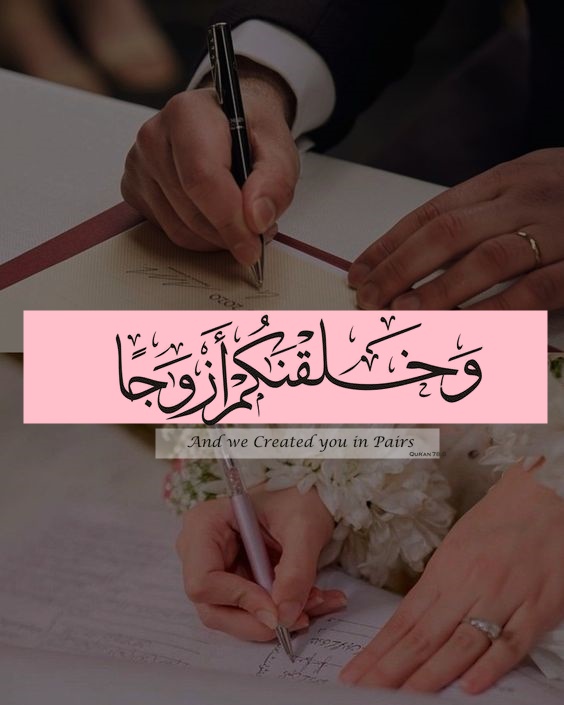Rituals in Islam
Rituals play a crucial role in religious practices, serving various purposes such as fulfilling spiritual needs, expressing respect, demonstrating affiliation, seeking approval, or adhering to religious requirements. They help preserve religion, ensuring its growth and relevance to its followers. Without rituals, a religion loses its essence and identity, becoming devoid of meaning. Rituals, intertwined with faith, give substance to religious practices. Human beings rely on rituals because they have not yet evolved to a point where they can solely focus on the abstract symbols of religion.
List of Common Rituals
Following are the different Islamic Rituals
Nikah/ Marriage
Aqiqah
Shahadah
Salah
Zakat
Ramadan
Lailat ul-Qadr
Eid al-Fitr
Eid ul-Adha.
Tahara
Nikah/ Marriage

Nikah in Islam (Arabic: نِكَاح, romanized: nikāḥ) is a contract exclusively between a man and a woman. Both parties, the groom and the bride, must agree to the marriage of their own free will. A formal, binding contract—whether verbal or written—is essential for a marriage to be considered religiously valid in Islam, and it details the rights and responsibilities of both the groom and the bride.
Aqiqah

Aqīqah (Arabic: عقيقة), is an Islamic tradition where an animal is sacrificed to celebrate the birth of a child. It also spelled aqeeqa or akikah. This practice is regarded as a form of sadaqah (charitable giving) and is considered a sunnah, though it is not obligatory.
Shahadah

The Shahada (Arabic: الشَّهَادَةُ ) also known as Shahadah, is a fundamental Islamic declaration and one of the Five Pillars of Islam. The marking of a Muslim’s formal entry into Islam. There is no set age for this rite, though it is most commonly celebrated during the teenage years.It is also recited as part of the Adhan. The declaration is: “I testify that there is no god but God, and I testify that Muhammad is the Messenger of God.”
Salah

Obligatory prayers are a key element of Islamic practice, standing as the second most significant pillar (after Shahadah) in the Five Pillars . Additionally, Muslims can engage in voluntary prayers at nearly any time, with some exceptions, or at specific times according to the Sunnah.
Tahara

Purity (Arabic: طهارة, ṭahāra(h)) is a fundamental concept in Islam. It is the antithesis of najāsa, which denotes ritual impurity. Achieving purity involves first cleansing physical impurities (such as urine) from the body, followed by addressing ritual impurity through practices like wudu (ablution) or ghusl (full-body ritual purification).
Click on the following link and read about more rituals of Islam
Eid ul Adha
